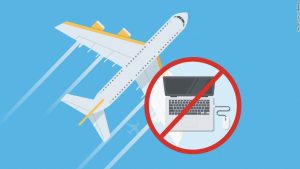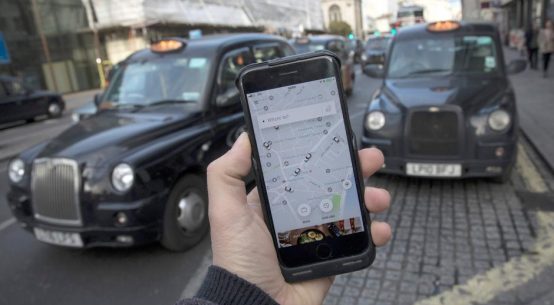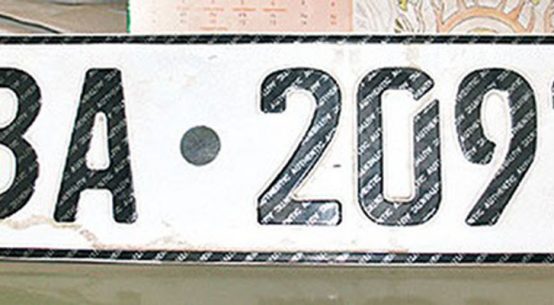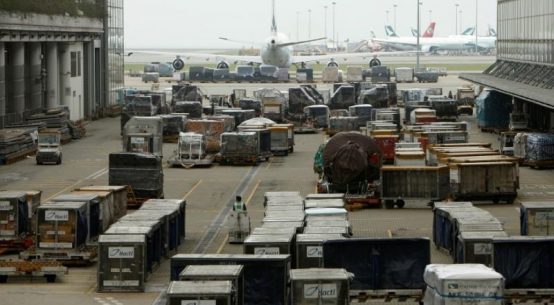
U.S is considering expanding the ban on large electronics in airplane cabins to include flights departing from the US to overseas. The Homeland Security Secretary John Kelly confirmed this to CNN Friday.
The original ban applies to certain US-bound flights, including those originating in Cairo, Egypt; Dubai and Abu Dhabi, United Arab Emirates; Istanbul, Turkey; Doha, Qatar; Amman, Jordan; Kuwait City; Casablanca, Morocco; and Jeddah and Riyadh, Saudi Arabia.
If the expansion happens, then it would mean any electronic device larger than a cell phone would not be allowed on some flights leaving the US, not just certain inbound US flights, as is currently the case. Kelly was at Reagan National Airport just outside the nation’s capital in Virginia Friday, meeting and shaking hands with Transportation Security Administration officers and speaking briefly on camera to reporters.
When asked whether it is true that he has hinted the laptop ban could expand to US soil, Kelly said that those characterizations of his thinking are accurate.
“No, they didn’t misread me,” he answered. “I would tell you that the threats against passenger aviation worldwide are constant. The good news is that we have great intelligence collection overseas — US intelligence collection. We also have great sharing with partners overseas. So, we are doing everything we can to get after these threats — but they are real.”
Kelly signaled this month that he’s looking at possibly expanding the ban due to security concerns.
“The protocol where we put large electronic devices down inside the cargo compartments, I made that decision based on intelligence from a certain part of the world — sophisticated threats,” Kelly said Friday. “We are now looking at kind of a worldwide hard look at raising the bar, the minimum bar, on aviation security. So, still contemplating extending the ban, as we work with partners.”
He added, “We will make a decision when the time is right.”









